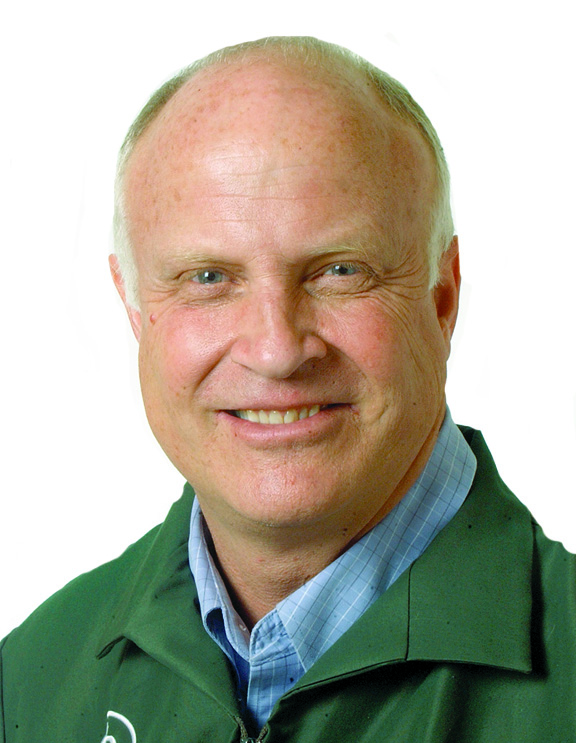Q: I’m a regular reader of your column and usually like hearing about the problems other people have with their pets. But lately (no offense) your column has gone to the dogs. Literally, it’s all dogs and cats. Why don’t you ever talk about my favorite animals, cows?
A:
I’m happy to talk bovine and this sounds like a good start. Why don’t you give me a question about a cow?
Q:
A cow has four stomachs. Why so many? Do they need all of them to digest grass and hay?
A:
Four stomachs! Who told you that? Truth is, cows have only one stomach with four different compartments. Each one (the reticulum, the rumen, the omasum and the abomasum) has its special function. The largest – the rumen – gets most of our attention and this is where the heavy work occurs.
Ruminant animals (such as cows, goats and sheep) chew and swallow their food rather quickly. Later, when they are resting, their rumen moves a small bolus (called a cud) back to the mouth where these critters can chew it all over again. This process, called rumination, is absolutely necessary for good digestion. Chewing cud breaks down roughage like hay and grass into smaller pieces. This helps the different bacteria and protozoa in the stomach do a better job with digestion. After a cow chews her cud, she swallows it a second time and digestion continues.
Here’s an interesting sidelight to this. Scientists believe that cud chewing is relaxing, even restful for ruminants. Cows seem to doze off while they ruminate. And you’ve probably heard an old expression that someone wanted “to ruminate on something before making a decision.” I remember my mother using another expression when she was asked a tough question … “I need to chew on it for a while.”
Q:
Why do some cows bloat? That’s just a lot of gas in their stomach, right? Can’t they just burp it out?
A:
Some of those digestive microorganisms in the stomach produce gas as they break down the food. Healthy cows eructate (belch) this gas regularly throughout the day. Normal rumen movement pushes the gas out (in a quiet and polite manner, of course!). If rumen movement slows down or stops, gas builds up and the stomach bloats. It’s dangerous because pressure from an enlarged stomach can shut down normal circulation to the rest of the abdomen. Circulatory shock like this can be fatal if not treated early and aggressively. And bloat can occur when a cow eats too much grain or fruit or vegetables. Ruminant animals need the roughage in hay or grass for good digestion. Any radical change in diet can cause a upset stomach.
Q:
One more thing. I once heard a farmer talking about “Hardware Disease” in one of his cows. What’s that all about?
A:
Cattle are rather indiscriminate when they graze. They’ll pick up small amounts of dirt and swallow it as they eat grass. Almost any pasture has small bits of old wire from a fence laying around. If a cow swallows these, she can suffer damage to the wall of her stomach. A scratchy piece of hardware like wire can cause a nasty gastritis or worse. Occasionally, one of these pieces may even perforate the stomach wall, and penetrate the diaphragm and the sac around the heart. The result is called reticulopericarditis and it’s usually fatal.
Expensive surgery is the only treatment for this disease, but prevention is easy and cheap. Cows that graze in pasture can be given a small magnet to swallow when it’s placed in the back of their mouth. This magnet attracts any old wire or nails, preventing them from penetrating the stomach wall. And because of the unique movement of a cow’s stomach, this magnet remains in the rumen for her entire life. It just keeps circulating around with each ruminal movement, keeping that bad stuff from doing any damage.
Here’s a fun fact to tell your friends and neighbors at a party. Goats and sheep almost never suffer from hardware disease. They’re a little more careful and more discriminating when they graze. They don’t swallow pieces of metal like their larger bovine cousins. Does that make them more refined? Whaddaya think?










